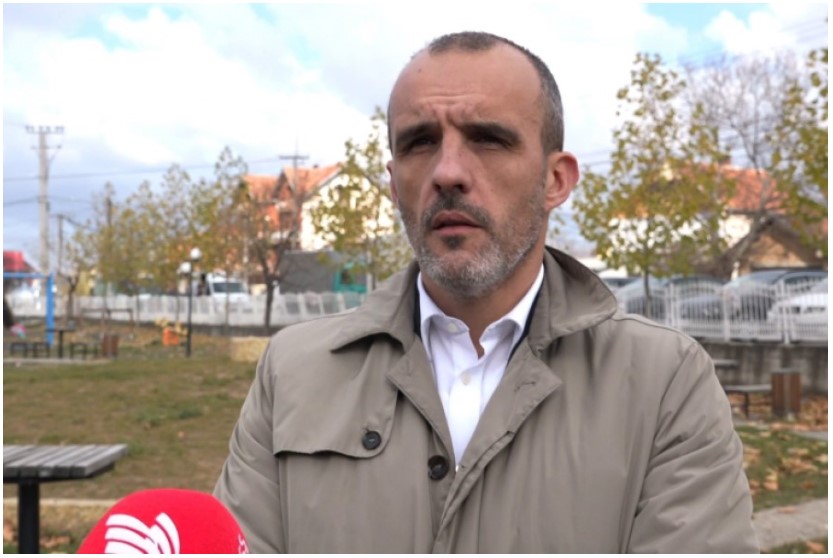Mlladenovic: There are positive changes in the use of the Serbian language in official communication, but more can be done

From the Office of the Language Commissioner say that there are positive developments regarding the right to use the Serbian language in official communication, i.e., its free use in public, but more can be done in this regard.
The Commissioner for Languages, Slavisha Mlladenoviq, says that some improvements in the legislative institutions are evident, but that work still needs to be done to eliminate the defects and that in this sense there are positive and negative trends.
Mlladenoviq reminds us that the positive change is that the Serb community feels free to use its language in public, but that the lack of the Serbian language in the communication of institutions with citizens is felt every day.
"I think that one of the biggest problems that has often been mentioned before as the biggest problem is the application of the Serbian language in the legislation, that is, inadequate and inconsistent translations of laws in the Serbian language, it is now somewhat a better situation, but it is still not ideal, and there are still problems. But what we have been able to see as Office is that the quality of translations has improved significantly recently. The use of the Serbian language in the traffic signs is somewhat greater, but nevertheless, what is very important to mention is that all this remains in the shadow of mistakes and problems that are often comic, or the lack of use of Serbian language in public communication of institutions with citizens", he said.
The Commissioner for Languages says that there are positive and negative tendencies within the majority community about the right to use languages and that the overall picture today is much better than ten years ago.
"I think there are two types of tendencies, and this is the attitude of the majority community towards the Serbian language, which is generally more positive today than maybe ten years ago, and there is not so much resistance from the community to use the Serbian language in public and in institutions. What is a negative trend is the fact that those who speak another official language, whether Serbian or Albanian, are older generations, and they are being retired and this will hinder the implementation of the law in institutions, if we do not take advantage of the first trend, which is the language of society and we introduce the language of society in the education system", said Mlladenoviq.
The Office of the Language Commissioner is still working on establishing a service that will deal with translations of important strategic laws and documents, which, according to Mladenovic, is one of the most important topics mentioned in recent years.
He says the current political group is expected to approve and implement the decision. In addition to the daily resolving of complaints received from citizens, the Office of the Language Commissioner is active in promoting non-formal and formal forms of education, i.e., the introduction of languages in the education system. Mlladenovic says there is interest in both communities to learn the language.
"What we have seen over the last six months is that several Serbian language courses have been organized for young people and officials, and the interest is great. Only for the last Serbian and Albanian language course, which was organized through the VOC-UP platform, over 700 people applied, which for me shows an attitude and a positive attitude towards language learning", he said.
The Office of the Language Commissioner has the authority to monitor the implementation of the Law on the Use of Languages, in order to preserve, promote and ensure the use of official languages at the municipal level, and the use of the languages of communities whose language is not one of the official languages.


